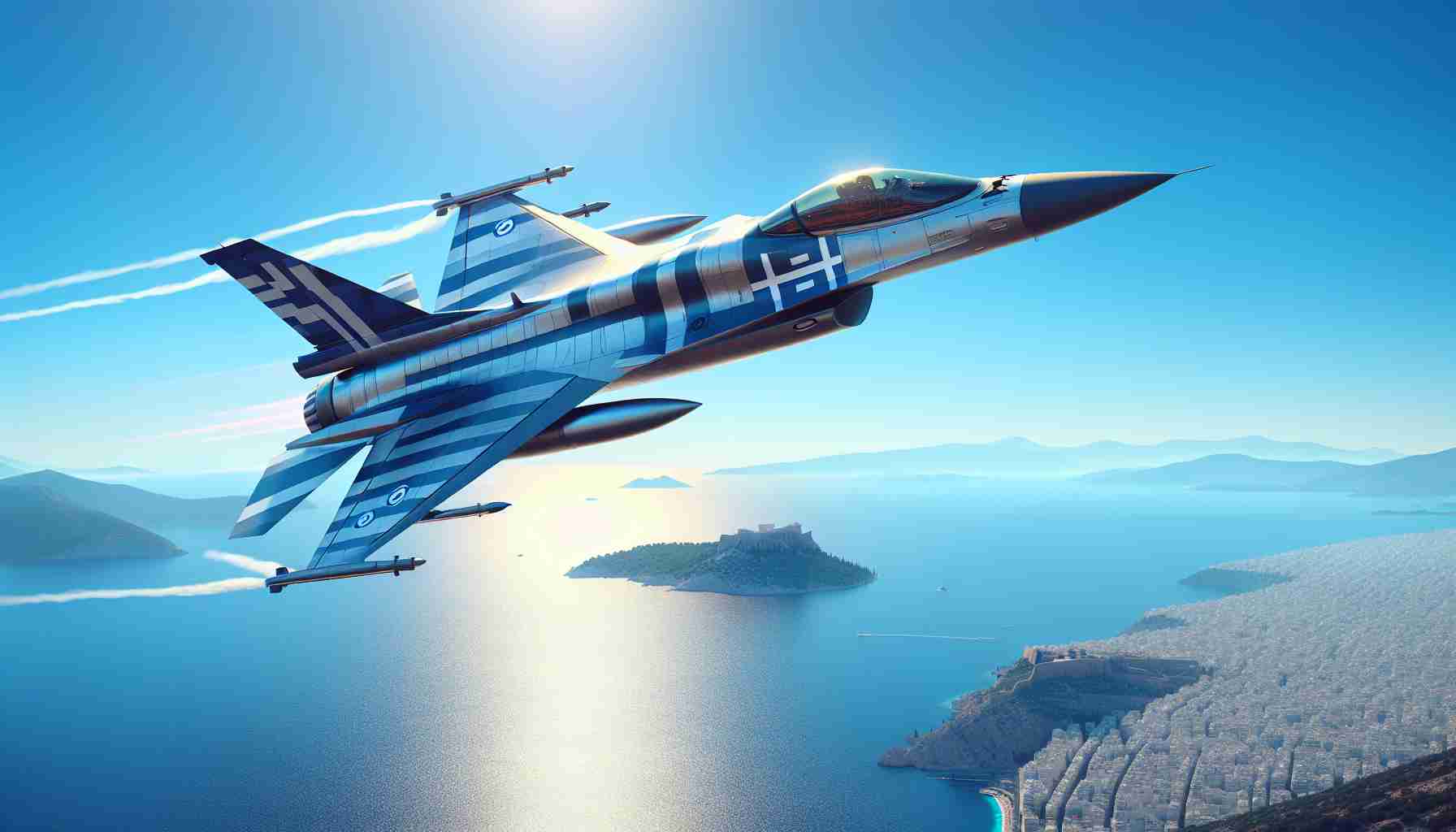Major Military Advancements for Greece
The Greek Air Force has successfully added another Rafale fighter jet to its fleet this past week, marking the completion of its acquisition of a total of 24 aircraft from France. This particular Rafale, designated with the serial number 457, arrived at Tanagra Air Base’s 114th Combat Wing after a direct flight from Bordeaux.
This latest addition stems from a supplementary contract aimed at bolstering Greece’s defense capabilities. Initially securing 18 Rafales, Greece now stands at an impressive squadron of 24 jets, following an order placed in March 2022 that also included three FDI frigates.
Over a mere four-year span, Greece has developed a formidable Rafale squadron, transforming the power dynamics in the Aegean and Eastern Mediterranean. The state-of-the-art Rafale jets, equipped with advanced technology, place Greece in a position of air superiority over Turkey. Their integration of Meteor medium-range missiles further secures Athens’ airspace from potential threats.
The original agreement for the fleet began in January 2021, comprising both used and new aircraft, with the entire investment reaching approximately €2.5 billion. The first fighter jet was delivered in July 2021, with subsequent orders rapidly establishing a strong aerial capability for Greece’s military forces.
Greece’s Rafale Jets: A Game Changer in Military Capabilities
Overview of Greece’s Military Enhancements
The recent acquisition of Rafale fighter jets by the Greek Air Force signifies a strategic leap in the nation’s military capabilities. With 24 advanced fighter jets now part of its inventory, Greece has bolstered its air defense, enhancing its geopolitical posture in the Eastern Mediterranean region.
Features of the Rafale Fighter Jet
1. Multirole Capabilities: The Rafale is designed for air-to-air combat, air-to-ground strikes, and reconnaissance missions. This versatility allows Greece to efficiently respond to various threats.
2. Advanced Technology: Equipped with cutting-edge avionics, radar systems, and weaponry—including the Meteor medium-range air-to-air missile—the Rafale enhances precision and effectiveness in combat scenarios.
3. Operational Range: The Rafale’s operational range and stealth capabilities provide Greece with a strategic advantage, allowing for superior engagement and defense over broader areas.
Pricing and Financial Impact
The total investment for the Rafale acquisition reaches approximately €2.5 billion. This funding is not only aimed at boosting military power but also stimulates the local defense economy, creating jobs and fostering technological advancements within the Greek defense industry.
Use Cases and Strategic Implications
1. Deterrence: The presence of advanced Rafale jets serves as a deterrent against potential aggressors, particularly in light of ongoing tensions with Turkey over territorial disputes in the Aegean Sea.
2. Enhanced Interoperability: The integration of Rafales with existing NATO systems allows for better coordination with allied forces, improving collective defense strategies.
3. Training and Readiness: As the Greek Air Force acclimates to operating these advanced jets, enhanced training protocols are being implemented to maximize efficiency and mission readiness.
Limitations and Challenges
– Maintenance Costs: Operating advanced fighter jets comes with substantial maintenance and operational costs, which Greece must manage carefully.
– Geopolitical Tensions: The enhanced military capabilities could escalate regional tensions, necessitating diplomatic efforts to manage relationships with neighboring countries.
Future Trends and Predictions
As Greece continues to modernize its military assets, trends indicate a shift toward greater investment in advanced technology and defense capabilities. The Rafale acquisition points to a future where Greece may explore additional defense partnerships and procurements, potentially expanding its military fleet with further advanced aircraft and naval systems.
Conclusion
In conclusion, the addition of the Rafale jets marks a significant milestone for Greece’s defense strategy, positioning the country as a formidable player in the Eastern Mediterranean. With ongoing developments in military technology and geopolitical dynamics, Greece is likely to continue enhancing its military capabilities, ensuring it remains prepared for future challenges.
For more insights into Greece’s military advancements and defense strategies, visit Defense Greece.


















